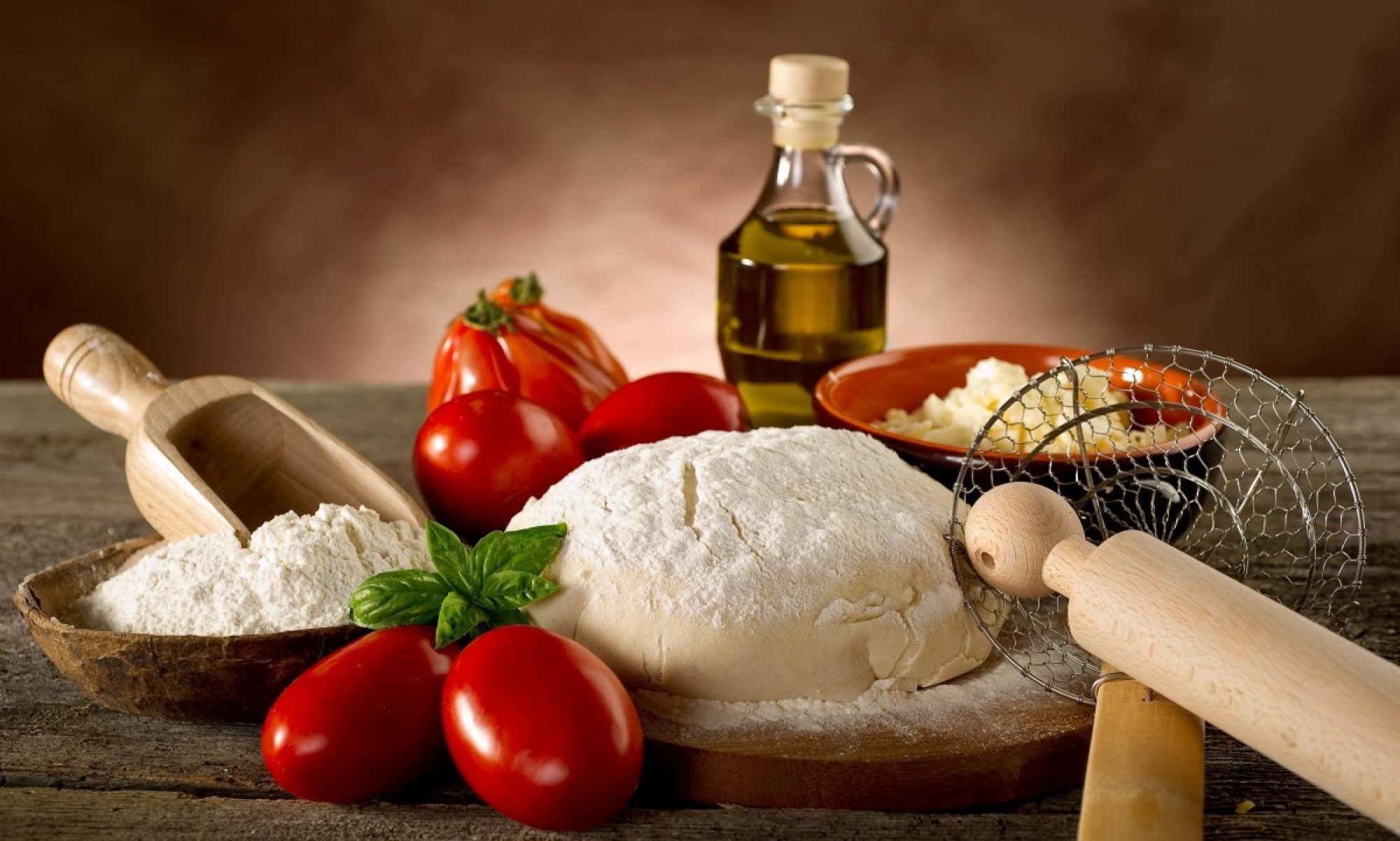Dear students,
Welcome to CHN/ITAL370W!
The noodle has a rich tradition and it has traveled longer and further than Marco Polo himself. However, contrary to popular myth, Marco Polo was not the person who first brought the noodle from China to Italy. There is an array of conflicting theories regarding the invention of the noodle, crediting the Chinese, the Italians, and the Arabs.
So how does China and Italy’s connection to the noodle extend beyond a profound love for the noodle and a rich history of culinary dishes historically and presently? In reality, the noodle has affected China and Italy in different yet intersecting ways, and is closely linked to the two cultures and traditions. This course will introduce students to the theoretical framework that looks at food, cooking practices, and cultural variations of shared ingredients as important, and often undervalued, vehicles of cultural memory, and communal identification and cohesion. The histories, and theories of food culture in China and Italy will further place our examination of the noodle into specific discourses of food as symbols of cultures. It will then go deep into the noodle’s cultural significance to see how it has integrated itself into the literature, myth, symbolism, storytelling, cycle of life, politics, social context, class structure, history, art, historical changes, and cultural DNA of China and Italy.
It is rare that Chinese and Italian studies are paired in this manner. The subject regarding how the same food source has impacted two cultures in such diverse and meaningful ways bears exploring. It is our hope that we will not only explore how Italy and China have embraced the noodle in both similar and diverse ways, but also how the introduction of the noodle into both cultures has perhaps changed the course of the history and culture of each in profound and important ways. In both countries, it is impossible to separate the culture from the noodle. This discussion is necessary because it will show how food both influences and changes the trajectory of a nation. By focusing on the microcosms of each culture through the microscope of the noodle, we will be able to come to conclusions about both countries that are specific to this medium. We are honored to have you on the noodle road with us during this exploration.
Our best,
Hong Li and Christine
